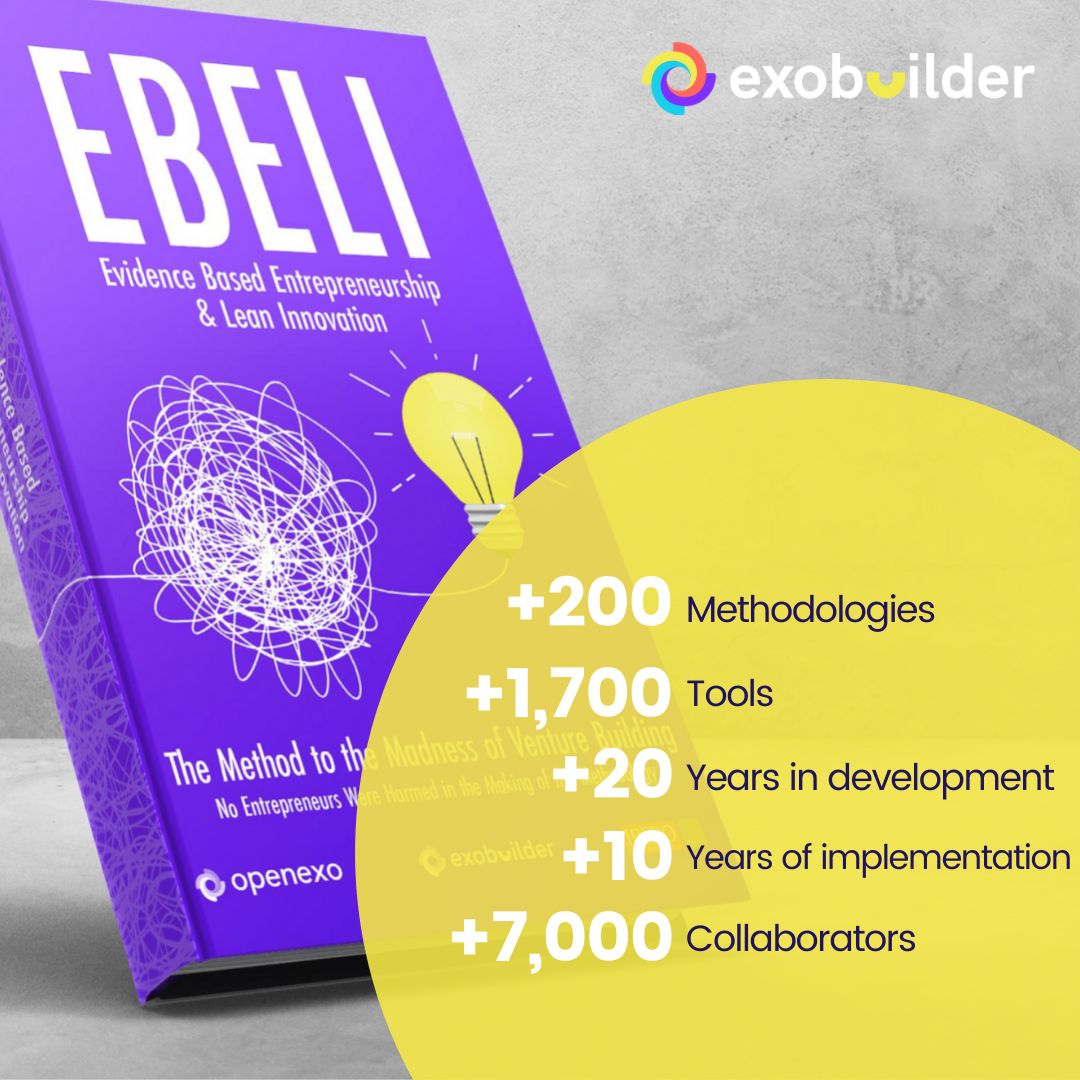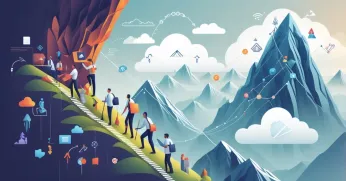
Play to Test And Not To Die in The Market!!!
This is where gamification enters into the playing field because it is not applying traditional techniques to see what the market needs, the famous pains, the motivators, but simply to play, to find answers in that testing.
Entrepreneurs and innovators have appeared since the beginning of humanity when someone used the spear, bow and arrow, and the wheel. But over the last years, there have been many more entrepreneurs and innovators have emerged. For example, in Latin America, so many people have been forced to exercise this profession because there is no other opportunity to go on in this changing and challenging world.
Without being my plan and by alignment of the stars at a time in my life, I had the opportunity to be an entrepreneur and now, I advise entrepreneurs and business people to get ahead. Let’s make a little bit of a story: 15-20 years ago, subjects on entrepreneurship started to be taught in universities and the first business incubators were created. The boom of new ventures that are now is being almost something normal, has resulted in many people not wanting to work in a big corporation but “to be my own boss," "control my time," or "do not make money for others."
Is there a magic formula to success? No. Who is only heuristic will fail? No. Who follows a process will always succeed? No. From what I have seen and read from great authors: the only one who says YES or NO is "the market."
Then everything is very easy, you must make friends with "the market" and that's it. They say that in life, there are many acquaintances, but few are friends.
At the beginning, what is entailed by entrepreneurship? In my opinion, it is to develop a product or a service that if you "take it out of the stadium," it can become a company (start-up they call it at the beginning) and you have to find a business model that can be easily monetized. It doesn´t happen overnight and that's where the testing story comes in.
Technology Push vs Market Pull
There are basically two ways of product/service development: "technology push" or "market pull."
The first would be when a great researcher implements one of his theories and creates a technology that does something they want. In this case, it is up to them to convince the market that what the inventor wants is what they want. Is this the way to make friends? Sometimes yes, but it is perhaps a little more difficult.
When you are starting a company, you may not have any money, or you are investing everything you have, or you are taking money from your rich uncle -whom you do not want to disappoint- so you do not want to take such a difficult path. Some authors like Eric Reis say, "fail fast and cheap."
That's why I take the "market pull" route, which is a better way to meet people you could grow up with being a part of that market friend.
But to achieve it, we have to consider our personal capabilities: we can say that we all have abilities, some innate, others learned, and others to develop depending on the moment of life. That is where I must analyze what my skills are, ask in some way what the market is wanting to click on, and generate a new product or service that generates impact and makes MY cash register ring.
How? Well, if I knew that or have a universal solution for that, I wouldn't be writing this article from my four-walled office, but perhaps from my yacht in Hawaii.
But there is something I can tell you: there is a way to minimize the risks in new ventures and that is testing.
If you manage to test well, you will not die in the attempt or at least you will be able to overcome the difficulties you will face and get through them much better. So be careful: there is a process for product development, and you must test your product (or its idea) from the beginning in the market. I think that is the difference between the entrepreneurship of a few years ago and the entrepreneurship of today.
Play to Find Answers
If you have the conviction to create something different that impacts the market (that is innovation) you must become an Inspector Gadget from the beginning with a combination with your current technical skills. Let me explain it. If you are a good baker, a good builder, or a good sportsman, if you don't look a little further your basic strengths, you will stay in your own field, and you will create according to your own interests without generating impact, or much less a desirable return.
And this is where gamification enters into the playing field because it is not applying traditional techniques to see what the market needs, the famous pains, the motivators (I do not mean that this does not work, they are just techniques depending on the same skills), but simply to play, to find answers in that testing.
Following with my previous example: if I have a new bread recipe, why not invent some dynamics to know the perception of my potential diners? Moreover, why not to have a previous game to know if my diners really want something different? The story tells us that when Ford asked people what they wanted, they said faster horses, but he didn't create a multivitamin for horses, he saw beyond that and created what we know today as the automobile.
Being able to recognize those insights that you call out, in theory, is easier if you do it as a game because the brain is more open if it doesn't feel so much pressure but is "just" playing. And if you can recognize this from the beginning, don't you think that your development time will be shorter, and if you will go to market sooner you will get early returns?
And since we are playing too, then you will be that Inspector Gadget throughout that process. With the first understanding, you can't just create your final product. You must create your first prototypes to improve your idea and how do you think you are going to do it? Of course, by testing and playing with your customers.
As we have said, neither your bosses, nor your competition, nor the most prestigious business consulting firm will be able to tell you for sure if your new product, which can become a successful company or be the renewal of your company that is already entering the obsolescence phase, will generate a positive response in “the market”. But if you test it all the time with it, the probabilities will increase.
Do you see it now? If you do it playing to keep an open mind and find answers more in line with what people really want: so much the better.
One of the phases of the EBELI methodology is that, in practice, we go out to reach our customers to validate what we have come up with in the ideation part so that we don't fail in the market.
That is why it is so important that you have this knowledge and apply it to your business idea.
So, let’s test our ideas or prototypes or products and have fun!

In the EBELI handbook you will find that which I talked about earlier, the things we have in common, and that we are all comforted by. It is like having a partner throughout your journey telling you it’s ok, that it happens to everyone, and that the important thing is to keep moving forward. Because although we love to feel that we’re special and that our experiences are unique to us and that we are oh so lonely and that nobody understands us, it’s not true.
Even though another person’s experience may differ from ours in form, in the end, we are experiencing the same feelings and we want to be comforted by having someone who understands what we are going through.
EBELI is composed of more than 200 methodologies and 1,700 tools that make supporting entrepreneurs and intrapreneurs a simple linear process. It has been curated and improved for the last 20 years; and it has been tested on more than 50 cohorts for 100,000 entrepreneurs in the last 10 years.
It is an example of how the value of a community and its shared experiences and support can create a multiplier effect, drive creating and form the basis for success.
You can find it at www.bit.ly/EBELIBook
ExO Insight Newsletter
Join the newsletter to receive the latest updates in your inbox.









